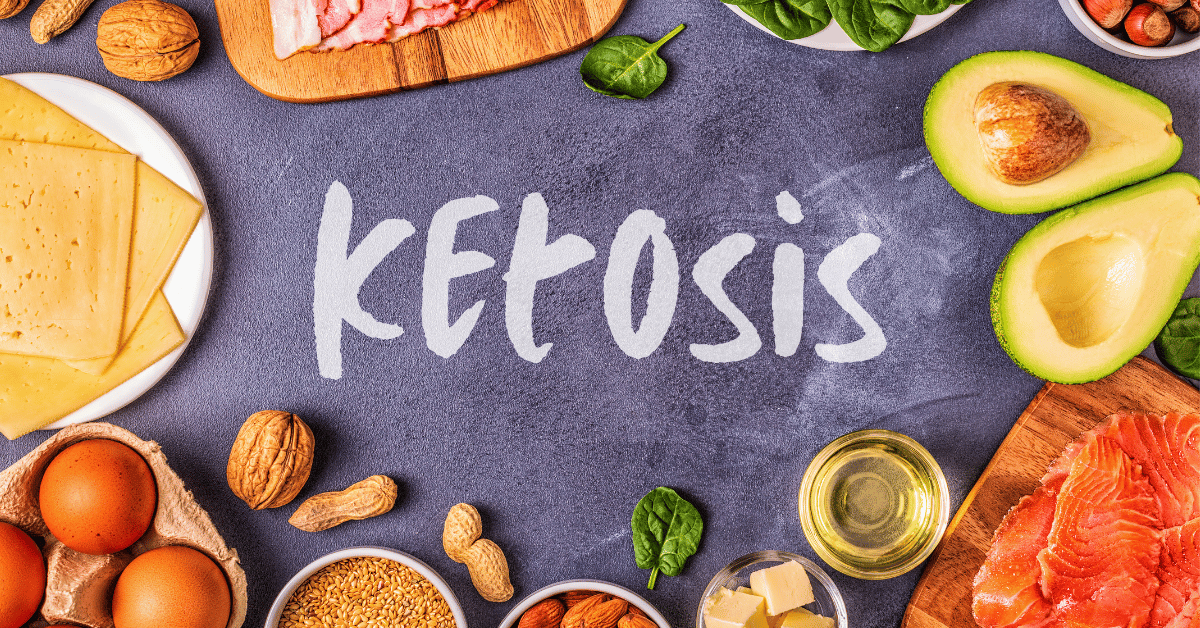Ketosis vs Ketoacidosis: What you should know
Ketosis and ketoacidosis may seem similar; however, these two health conditions differ in terms of symptoms and causes. In this article, we will tackle ketosis vs ketoacidosis. We will also learn how to treat these conditions, especially ketoacidosis, which is highly associated with diabetes.
What is ketosis?
Ketosis occurs when the body burns fat instead of glucose into fuel. This results in the production of chemicals called ketones.
Many people follow the ketogenic diet to lose weight and work on this principle. Although a bit of ketosis is not deemed harmful, a sudden increase of ketones in the body can be dangerous, especially for people with diabetes. If people rely too much on ketones for energy production and weight loss, their blood becomes acidic.
What is ketoacidosis?
Ketoacidosis happens when the body produces high levels of acids in the blood. These acids are called ketones. Diabetic ketoacidosis is one of the major health complications of diabetes patients, which occurs inevitably if their blood sugar levels are not managed and treated properly. People with 1.5 – 3.0 mmol/L of ketones are more likely to develop this condition than those with less than 0.6 mmol/L.
What are the symptoms of ketosis and ketoacidosis?
In general, ketosis does not necessarily develop symptoms. Since this naturally occurs in the body, no further complications can happen. However, health complaints are inevitable for people who follow a ketogenic diet and purposely activate this process. These are as follows:
- Bad breath
- Weight loss
- Headaches
- Dizziness
- Thirst
- Stomachache
Additionally, inducing ketosis can also lead to nutritional deficiency. This is primarily because the body does not get enough calories, which enables malnutrition. Consider the following symptoms:
- Weakness
- Fatigue
- Memory problems
- Change in mood
- Anemia
- Colds
- A general feeling of sickness
On the other hand, the symptoms of diabetic ketoacidosis are as follows:
- Frequent urination
- Excessive thirst
- Upset stomach
- Nausea
- Recurrent vomiting
- Fatigue
- Extreme weakness
- Confusion
- Shortness of breath
- Dizziness
Note: Diabetic ketoacidosis (DKA) can happen very quickly. If you experience these reactions, call your healthcare professional immediately and obtain the necessary medical attention.
Diagnosis of ketosis and ketoacidosis
Like other medical conditions, a blood test is the first thing healthcare professionals do to determine the presence of ketosis and ketoacidosis. A urine test may also serve the purpose. Both the blood and urine tests measure the levels of ketone, acidity, and glucose in the body.
Among these two health occurrences, ketoacidosis is a life-threatening condition. On the other hand, ketosis does not require a diagnosis since it is one of the body’s natural processes.
How to treat DKA?
Treatment for DKA involves three different forms. These are as follows:
- Insulin therapy
- Electrolyte replacement
- Replacement of fluid.
These are three primary treatment options that people with diabetes usually follow to prevent the complications associated with DKA.
Diabetes management with the usual strategies will also prevent DKA:
- Eating healthy foods and having regular exercise.
- Daily monitoring of blood sugar levels.
- Determining ketone levels by urine or blood testing.


